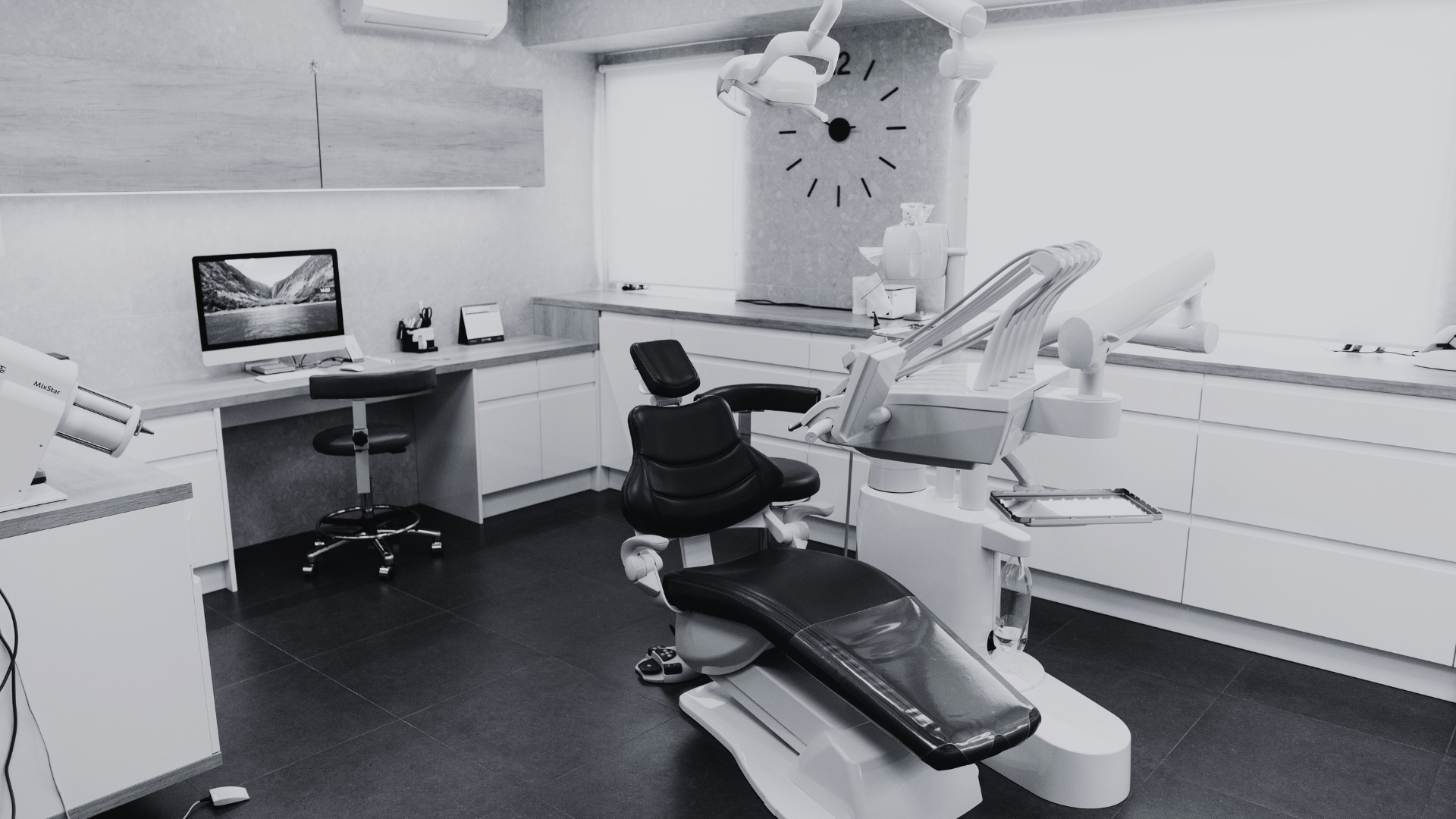Pop-Up Offices: A New Trend in Healthcare Workspaces
Pop-up offices are an emerging trend in the healthcare industry, offering flexible and temporary workspaces that can adapt to changing needs. This innovative approach is particularly relevant in Singapore, where space constraints and high real estate costs present unique challenges.
Flexibility:

Pop-up offices provide healthcare organizations with the flexibility to set up temporary workspaces in various locations. This is particularly useful for community health initiatives and mobile clinics. For instance, during health fairs or vaccination drives, pop-up offices can be quickly assembled and disassembled, ensuring that healthcare services are available where they are most needed. In Singapore, the government's push towards community-based healthcare aligns well with the use of pop-up offices, allowing for more dynamic and responsive healthcare delivery systems.
Cost-Effective:

Setting up a pop-up office can be more cost-effective than maintaining a permanent facility. This allows healthcare providers to allocate resources more efficiently. In a city like Singapore, where real estate prices are among the highest in the world, pop-up offices present a viable solution to reduce overhead costs. By using temporary structures or modular units, healthcare organizations can save on rental and maintenance expenses, directing more funds towards patient care and technological advancements.
Enhanced Accessibility:

Pop-up offices can be deployed in underserved areas, improving access to healthcare services for remote or marginalized communities. In Singapore, while the urban core is well-served, there are pockets of underserved populations, particularly in the elderly and lower-income demographics. Pop-up clinics can bridge this gap by bringing essential healthcare services directly to these communities. For example, HealthServe, a non-profit organization in Singapore, has successfully used mobile clinics to provide medical care to migrant workers.
Technological Integration:

Pop-up offices can be equipped with the latest healthcare technologies, from telehealth capabilities to portable diagnostic equipment. This ensures that even temporary setups can offer high-quality care. In Singapore, the integration of technology in healthcare is robust, with initiatives like the Smart Health TeleRehab program demonstrating how digital health can be effectively implemented in non-traditional settings. Pop-up offices can be an extension of this digital health strategy, ensuring continuity of care across different locations.
Environmental Impact:

Temporary structures used for pop-up offices can be designed to be environmentally friendly. Using sustainable materials and energy-efficient systems can reduce the environmental footprint of healthcare operations. In a country like Singapore, which is committed to sustainability and green building practices, pop-up offices can contribute to the national goals of reducing carbon emissions and promoting environmental stewardship.
The adoption of pop-up offices in healthcare can enhance flexibility, reduce costs, and improve accessibility to healthcare services, making them a valuable addition to the industry. For Singapore, where space and resources are at a premium, pop-up offices offer a practical and innovative solution to meet the healthcare needs of its diverse population. By integrating technology, focusing on sustainability, and strategically deploying these temporary workspaces, Singapore's healthcare system can continue to provide high-quality, accessible care to all its residents.
Sources:
1. HealthServe. (n.d.). Mobile Clinics for Migrant Workers. Retrieved from HealthServe
2. Smart Health TeleRehab. (n.d.). Digital Health Initiatives. Retrieved from Integrated Health Information Systems
3. The Straits Times. (2023). Singapore's Real Estate and Healthcare Space Utilization. Retrieved from The Straits Times
4. Ministry of Health Singapore. (n.d.). Community-Based Healthcare Initiatives. Retrieved from MOH Singapore
5. Singapore Green Building Council. (n.d.). Sustainable Building Practices. Retrieved from SGBC
Read More





